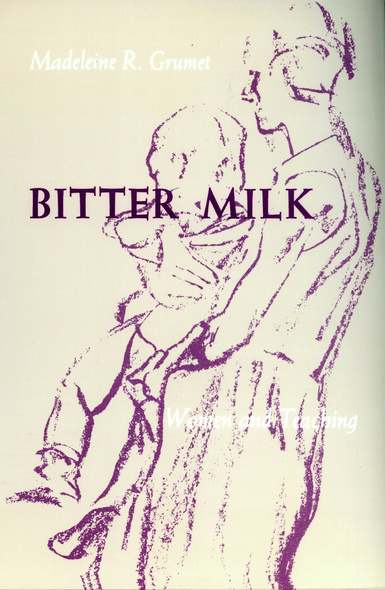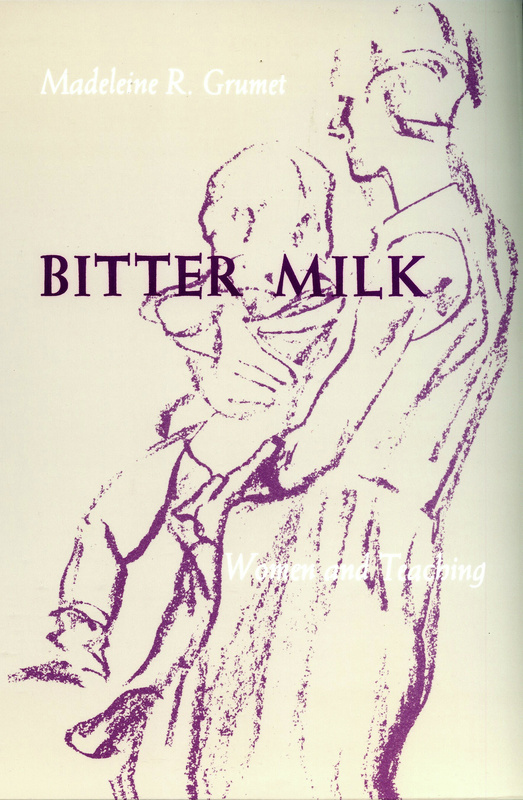The text is arranged in a pattern that mirrors Grumet's argument that women who teach make this passage between the so-called public and private worlds daily and that is also what we teach children to do. The chapters go back and forth between the experience of domesticity and the experience of teaching, between being with one's own children and being with the children of others, between being the child of one's own mother and the teacher of another mother's child, between feeling and form, family and colleagues.
The first and last chapters address the familial relations that fall under the category of reproduction, a frame designed to emphasize the relations of reproduction and their importance to educational theory. The chapters closest to this margin are those that address women's work in schools, and the juxtaposition is chosen to accentuate the dialectical relation of our public and private meanings. The middle chapters are the ones most directly concerned with curriculum, that provisional ground that Grumet is naming as our mediating space, the place where we can heal. The fundamental argument of this text is that knowledge evolves in human relationships.
The first and last chapters address the familial relations that fall under the category of reproduction, a frame designed to emphasize the relations of reproduction and their importance to educational theory. The chapters closest to this margin are those that address women's work in schools, and the juxtaposition is chosen to accentuate the dialectical relation of our public and private meanings. The middle chapters are the ones most directly concerned with curriculum, that provisional ground that Grumet is naming as our mediating space, the place where we can heal. The fundamental argument of this text is that knowledge evolves in human relationships.
The most important work on feminist education I have ever read--the most comprehensive, the most profound, the richest in implications.'—Feminist Teacher
'An elegantly written and compellingly argued book that breaks new ground in both the philosophy of education and feminist theory. It ties together these two domains through the actual lived experience of women who teach. . . . The author grounds her insights on personal reflection and a broad range of theoretical perspectives. . . . A 'top-notch' work that fills a unique place in the literature. It is the kind of book that should begin to appear on reading lists for a wide range of education and women's studies courses. A must for all four-year college libraries.'—Choice
'Casts new light on our understanding of the structure of pedagogy and the psychology of the teaching process. It inspires teachers, women and men, to nurture the active engagement of children in a shared quest for knowledge. Beautifully written, Bitter Milk provides a major resource for women's studies, education, psychology, and philosophy, and for faculties, teachers, and those who would teach in new and renewed ways.'—Contemporary Psychology
'Grumet's writing style is fluid; her manipulation of ideas facile. Teachers, principals, curriculum coordinators, school board members, and superintendents could benefit by reading Ms. Grumet's analysis of the typical male-dominated school curriculum. . . . A meaningful offering in the area of feminist curriculum criticism.'—Journal of Social Studies Research
Editor of the series on feminist theory and education for SUNY Press, Madeleine R. Grumet is dean of the School of Education at Brooklyn College.






